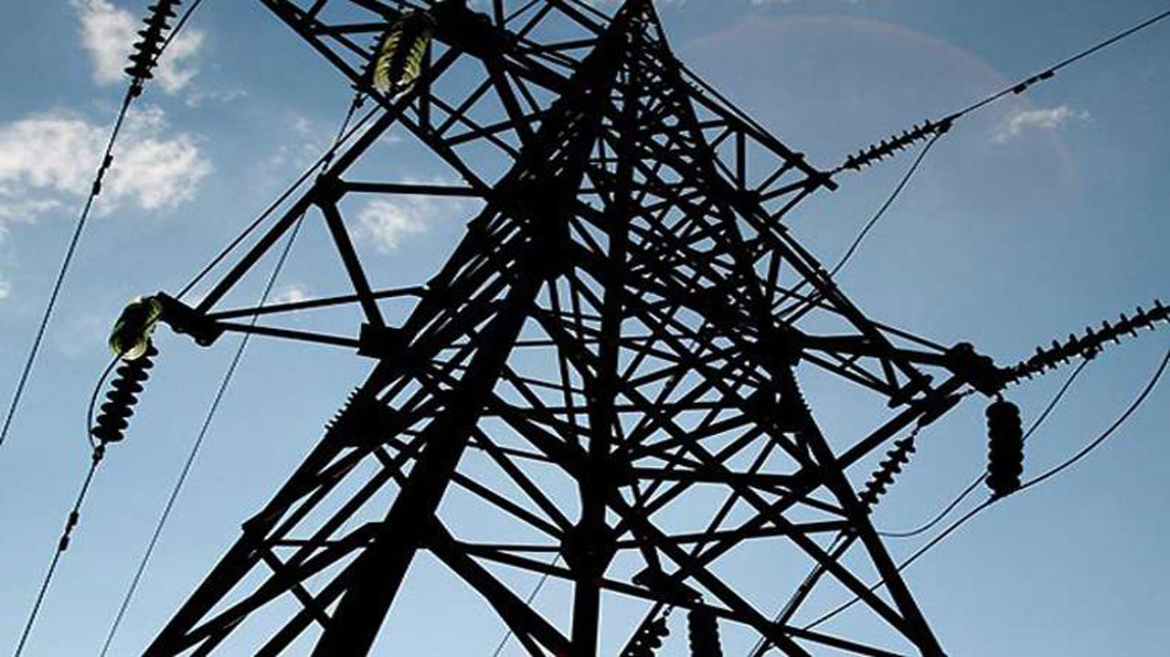KEY POINTS
- Nigerian DisCos must meet 2024 renewable energy targets, with 50% coming from renewables.
- NERC aims to improve power stability with embedded generation from clean energy sources.
- Nigeria is preparing for its first grid-scale solar auction to boost the power sector.
Power distribution companies in Nigeria have been tasked to ensure new embedded generation capacity by April 2024.
The Nigerian Electricity Regulatory Commission (NERC) has urged all of the 11 DisCos to ensure that at least 50% of the electricity they distribute is generated from renewable energy sources. This requirement is one of the measures that the NERC has put in place to enhance the reliability of the power supply.
NERC through its September 2024 Supplementary Order has enjoined each DisCo to achieve a minimum of 10% embedded generation of its total load allocation.
The Port Harcourt Electricity Distribution Company must generate 28 MW of embedded generation with 14 MW being from renewable sources. While, the other DisCos have similar targets, which, in aggregate, result in a total target for renewable capacity addition of 199MW across the country.
Pushing for cleaner energy in Nigeria
This plan by NERC is to ensure there is an improved uptake of cleaner energy as well as enhanced power reliability in Nigeria. Embedded generation means power plants that are connected to the local distribution network and not the national grid and as such, NERC aims for 50% of this power to be generated from renewable energy like solar and wind.
NERC also asserted that the embedded power must be ready to be dispatched to DisCos by April 1, 2025.
To achieve this, DisCos can either purchase large volumes of renewable energy or distribute the capacity across their service territories. This aligns with the ongoing efforts to improve power provision under the Service Based Tariff (SBT) regime to offer a steady and reliable supply to customers.
Plans for Nigeria’s first solar auction
Nigeria is also considering its first grid-attached solar PV programme; NERC is working to pave the way through various studies. In collaboration with the World Bank and the Federal Ministry of Power, the regulator has conducted two major studies: the Variable Renewable Energy (VRE) Integration Study and the Solar Auction Framework Study.
The VRE Integration Study examines the challenges and opportunities of incorporating solar electricity into Nigeria’s utility systems. It emphasises the possibility of solar energy being one of the primary sources capable of addressing the particular country’s electricity challenges and ensuring the stability of the power grid.
On the other hand, the Solar Auction Framework Study looks at how the first utility-scale solar auction would be conducted in Nigeria through a transparent bidding system. The study offers recommendations on project eligibility criteria, proper financial structures, and legal requirements for the auctioning process to operate effectively.



